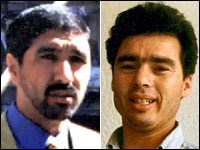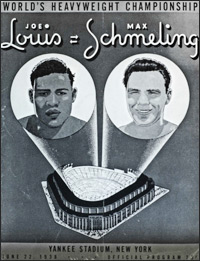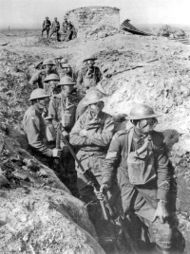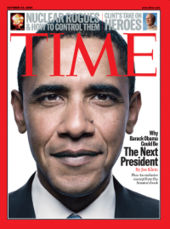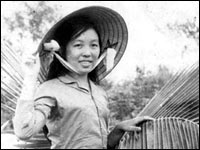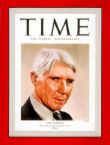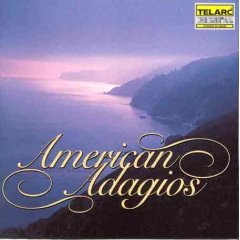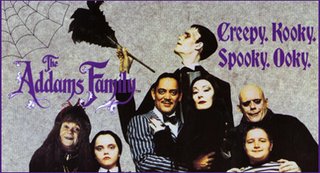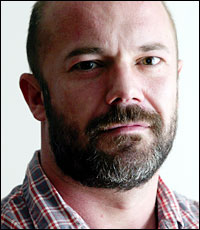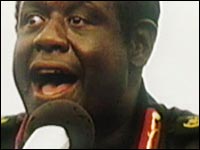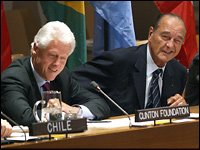 Time Magazine has not yet announced its Person of the Year for 2006, but here's a top candidate for 2007: Iraqi's fiery populist leader, Muqtadaal-Sadr. Sadr is a Shia, the group that had the most to gain by the U.S. invasion of Iraq and the overthrowing of the Sunni-led dictatorship of Saddam Hussein. Indeed, Hussein was responsible for the death of Sadr's father, yet Sadr has been fiercely opposed to the U.S. presence in Iraq from the start. Now, for better or worse, he's the probably the most powerful politician in a country that we have committed many American lives and a fortune in taxes to remake as a pro-American ally in one of the world's troubled areas. Listen to this Morning Edition piece (12/18/2006).
Time Magazine has not yet announced its Person of the Year for 2006, but here's a top candidate for 2007: Iraqi's fiery populist leader, Muqtadaal-Sadr. Sadr is a Shia, the group that had the most to gain by the U.S. invasion of Iraq and the overthrowing of the Sunni-led dictatorship of Saddam Hussein. Indeed, Hussein was responsible for the death of Sadr's father, yet Sadr has been fiercely opposed to the U.S. presence in Iraq from the start. Now, for better or worse, he's the probably the most powerful politician in a country that we have committed many American lives and a fortune in taxes to remake as a pro-American ally in one of the world's troubled areas. Listen to this Morning Edition piece (12/18/2006).Musings
- What seems to explain al-Sadr's popularity? Why do countries in turmoil often turn to dictators (like Napoleon in post-revolutionary France), and away from democracy?
- Who do you think will be Time's Person of the Year for 2006, for 2007?
This is our last posting for 2007.
Check with us early in 2007 for new topics & musings.
Check with us early in 2007 for new topics & musings.



